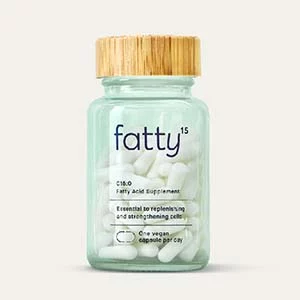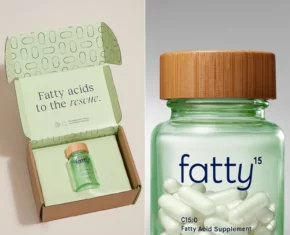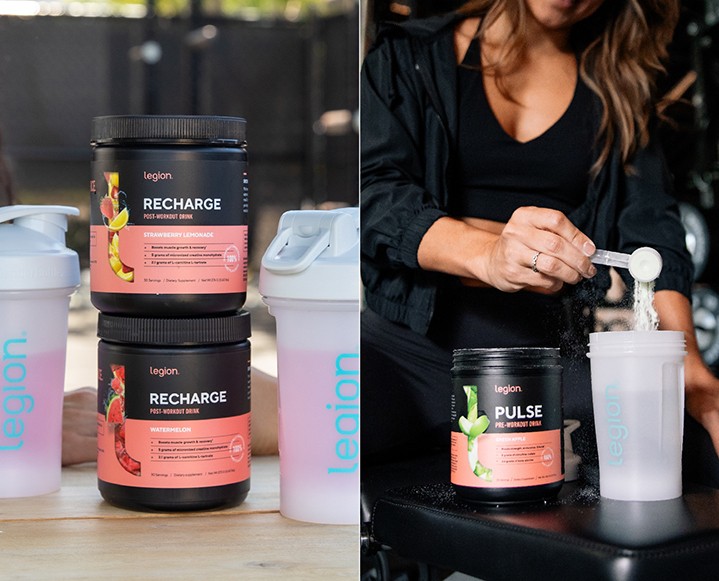Are you suffering from food fundamentalism? We’re clearly big proponents of the addition of reishi and manjistha to your morning routine, downing a dose of greens and sipping on bone broth when you can. However, is it possible that in all our attempts to take care of ourselves, we can develop food perfectionism?
If so, our November Guest Editor warns that we can actually undo all the healthy benefits of our well-curated daily diets. Here’s the lovely and genius Dr. Christiane Northrup, telling it like it is…
Sometimes callers on my radio show will tell me that they’re eating beautifully – meals and snacks that any nutritionist would rate an A-plus – yet they’re having health problems. It’s not what they’re eating but what’s eating them. In their quest to be the perfect woman who takes care of everyone and never breaks a sweat, they dutifully fill their plates with wild-caught salmon, pomegranate seeds, and organic broccoli – but they’re moody, bloated, and losing their hair. The real problem for them isn’t the occasional piece of chocolate they might have. The real problem is forgoing the sweetness of life in an attempt to achieve “perfection” and beat their true appetites into submission. This is what raises stress hormones to levels as toxic as the most highly processed foods!
Shame about what you’re eating creates tremendous anxiety, so just take a moment right now and pay attention to your stomach. Is it relaxed? Happy? Content? Or is it tense? Worried? Bring awareness to your stomach. That’s all you have to do. Awareness itself begins to heal the problem. No one eats perfectly all the time. You can enjoy food. You can recover from food fundamentalism. But first, you have to become aware of it.
Doesn’t it seem that no matter what you want to eat, there’s somebody who thinks you should feel guilty for putting it on your plate? The food police are everywhere, and most of us have internalized their scolding voices.
I remember years ago when I was newly macrobiotic and went to the local macrobiotic restaurants, people who knew me from my work would come over and say hello, and their eyes would quickly run over my plate. I could tell they wanted to be sure I was following the rules of macrobiotic eating. Was there a forbidden food there? Was I a “good” macrobiotic eater? As I got to know them and hear them talk obsessively about what you should or shouldn’t have in your diet, I learned most of them smoked and drank. Their attitudes toward food and their bodies were as dysfunctional and destructive as the attitudes of people who brag about eating the quadruple-bypass burger with extra bacon. (And the pride those people take in that is reflective of an outmoded way of thinking anyway, because, fat – even saturated animal fat – is not the problem we’ve been led to believe it is.) Extremes in eating aren’t the way to go, but it’s hard to resist those judgmental voices about “good foods” and “bad foods” when they’re everywhere.
Often, food represents “mother” and what we did and didn’t get from Mom. How an infant is fed trains that baby’s gut and brain to internalize what is good, loving food and what isn’t. Taste is learned at our mother’s breasts. In fact, breast-fed infants of smokers actually learn to prefer the taste of milk laced with the taste of cigarettes. As adults, we often try to nurture ourselves through food when what we really want is affection, love and attention. Now is the time to stop meeting your emotional needs with unhealthy foods. As an ageless goddess, you deserve better.
Often, as you enter your ageless years, your body does you a big favor by sending you clear signals that it is no longer okay for you to nourish everyone but yourself – to eat whatever’s available, whatever’s left over, whatever no one else wants, whatever feels good in the moment but not so good in the long term. “Good enough” food is no longer good enough. You have to start taking care of yourself in a sustainable way. Over the years, after a few decades of the wrong foods, the digestive system changes and the body produces fewer digestive enzymes, which means the sugary treats or deep-fried foods that contain gluten, trans fats, monosodium glutamate (MSG), and refined sugar start talking to you very quickly in the form of bloating, gas, cramps, and other stomach distress. You can walk around with a baggie of enzymes and probiotics to use in a pinch, but it’s better to listen to the wisdom of your body when it says, “Enough. I deserve real food. I love you too much to let this continue!”
As I was preparing a lecture for a large group of nutrition students recently, I was going through some of my very striking before-and-after photos of individuals who had radically improved their health by switching to a whole-food, organically grown diet. Their faces and bodies had transformed within a matter of a couple of months. Indeed, improving your diet is one of the most powerful reset buttons available. Thinking about the power of organically grown food to improve appearance and health, I realized that eating organic food is like breast-feeding from the earth herself. Improving the quality of what you eat is like a rebirth because the earth produces the very foods you need to flourish.
There’s nothing more delicious than taking the time to prepare a marvelous meal with fresh ingredients and enjoying it thoroughly – especially if you do it with people you’re close
more mind-body wellness insights from Dr. Christiane’s latest book, Goddesses Never Age.

















